KAOLIN
KAOLIN
Kaolin, is similar to our other smectite clays, is considered more gentle than the other clays, yet still has the ability to absorb, adsorb, release, and exchange different chemicals, nutrients, toxins and ions according to need. Kaolin is generally found in soils from chemical weathering of rocks in hot, moist climates.
Kaolin, with its low shrink-swell capacity and low cation-exchange capacity, was first mined in China and derived from the word ‘Gaoling’, has historically been used to make porcelain.
A few industries that use our Kaolin are:
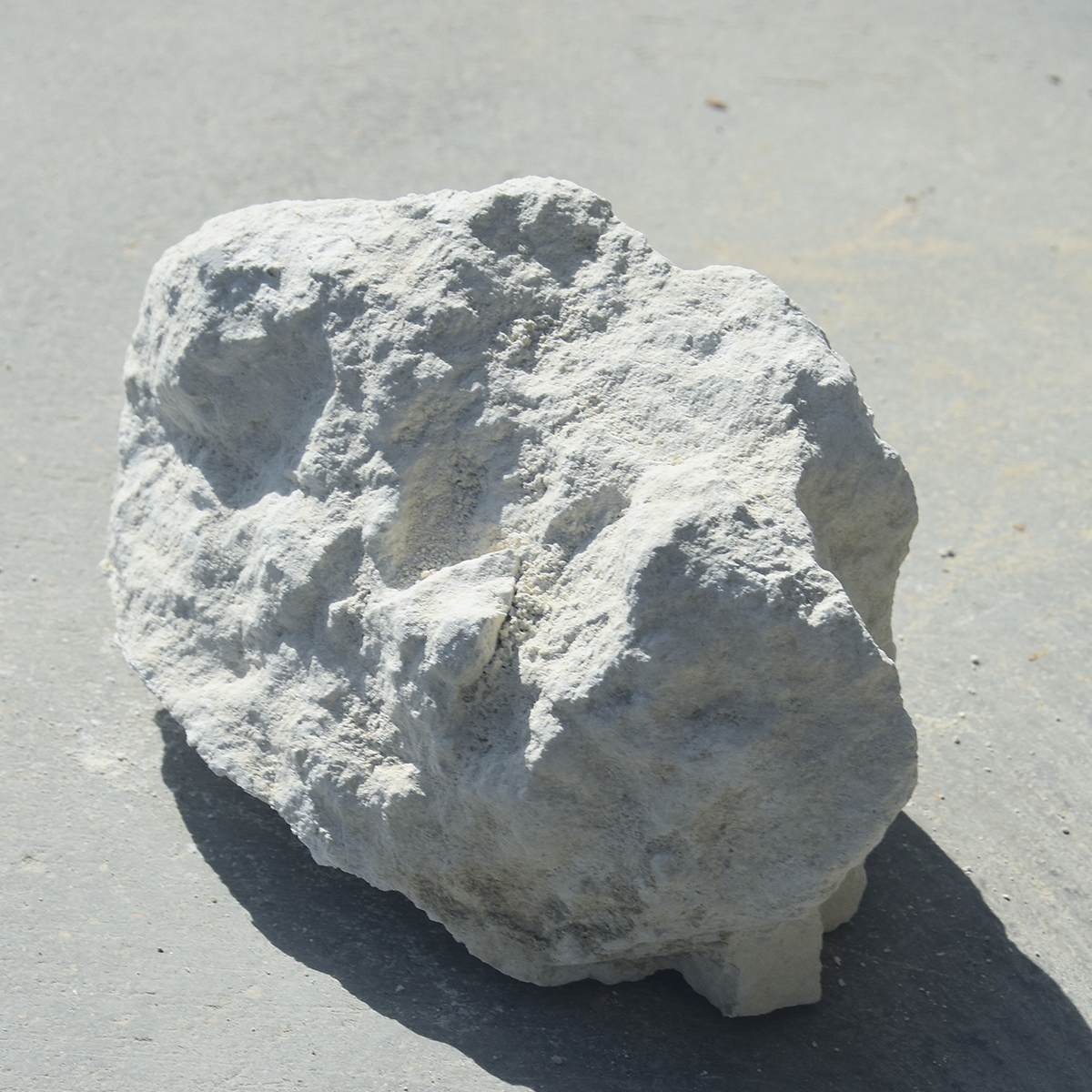
Kaolin – Raw Ore – Pacific Minerals Group, LLC
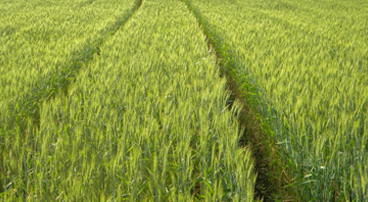
Crops/Pastures
Higher yields through making fertilisers more effective by preventing leeching and holding valuable nutrients such as ammonium nitrate, potassium, magnesium and calcium as well as trace elements for slow release as needed. Also produces long term soil improvements.
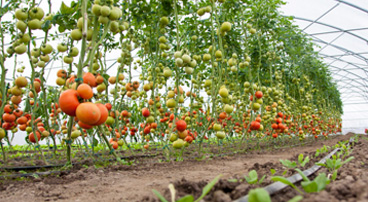
Horticulture
Retains nutrients longer to lower fertiliser costs; substantial yield improvements; less nutrient leeching; long term soil improvement.
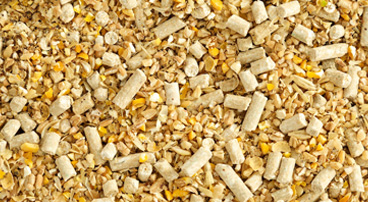
Stockfeeds
Diminishes ammonia toxicity and scouring; increases nitrogen levels in manures for higher fertiliser values; reduces odor levels in sheds and a safer, slow release off ammonia from urea; produces lower mortality rates in fowls and limits the moisture levels in organic wastes.
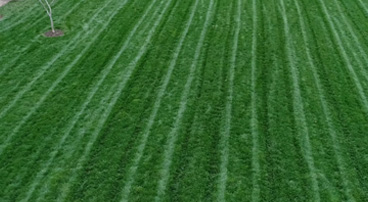
Turf
Produces significant turf root improvement; dense and deeper feeder root system; less fertilisers required; retention of key nutrients; increased soil potassium levels; permanent increase in cation-exchange capacity.
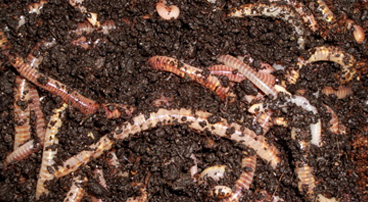
Vermiculture
Traps nitrogen through cation-exchange, eliminates odours in worm farms, absorbs and holds heavy metals, stabilises the pH value of worm beds; increases the nutrient value of vermicast.

Pollution Control
Increases biological activity, reduces nutrient levels, cuts sludge volume and odours, reduces ammonia and BOD levels in ion exchange columns or bed effluent, can be back flushed and regenerated, with ammonia recovered for fertiliser, increases sewerage plant capacity and life cycle.

Mining
Remediation of mines through absorption and retention of dangerous heavy metals and other metallurgical wastes.
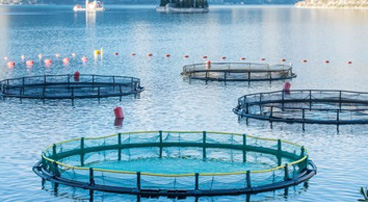
Aquaculture
Decreases ammonia levels in ponds and fish farms; filtrates water for cleaner output.

Ammonia Reduction
Decreases ammonia levels in production; filtrates water for cleaner tanks.

Cannabis
Medical cannabis growers in Canada and the United States are investigating the effects of zeolite on crop yields and efficiency. Recent studies have determined that, when incorporated into the soil, zeolite allows cannabis plants access to more nutrients and moisture. By harboring these vital elements in the topsoil, the plant roots maintain access to nutrients, oxygen, and H20; extracting it from zeolite as needed over time.
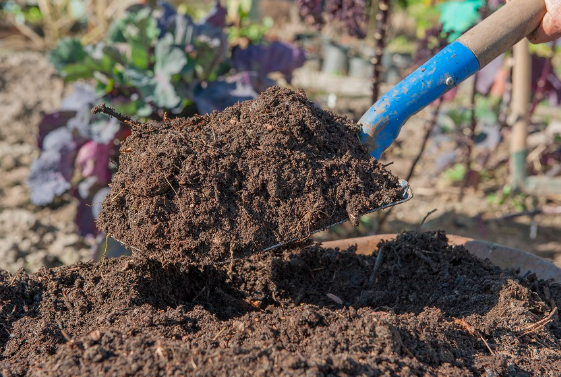
Manure Composting
Due to Zeolite’s natural ability to absorb and adsorb toxins in liquid, gas, and semi-solids, it is a tremendous aid in reducing odor in manure composting while absorbing moisture, ammonia, and methane gas which contributes to continual odors.
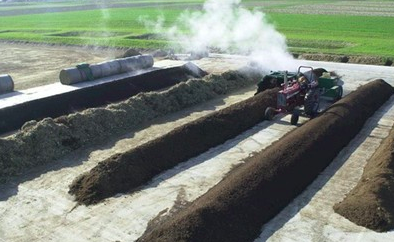
Odor Reduction
Zeolite’s natural ability to absorb odors is quite extensive, from locker rooms, closets, shoes, kitchens, fridges, and more. On an industrial level, Zeolite can be helpful in reducing methane and ammonia production in activities such as manure composting, food composting, large scale farming, livestock and more.
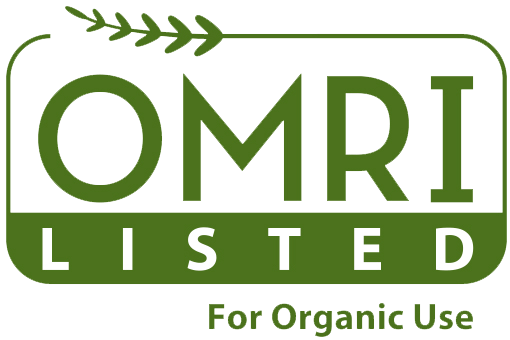
What is OMRI?
OMRI supports organic integrity by developing clear information and guidance about materials, so that producers know which products are appropriate for organic operations. OMRI is a 501(c)(3) nonprofit organization that provides an independent review of products, such as fertilizers, pest controls, livestock health care products, and numerous other inputs that are intended for use in certified organic production and processing. When companies apply, OMRI reviews their products against the organic standards. Acceptable products are OMRI Listed® and appear on the OMRI Products Lists©. OMRI also provides technical support and training for professionals in the organic industry.
